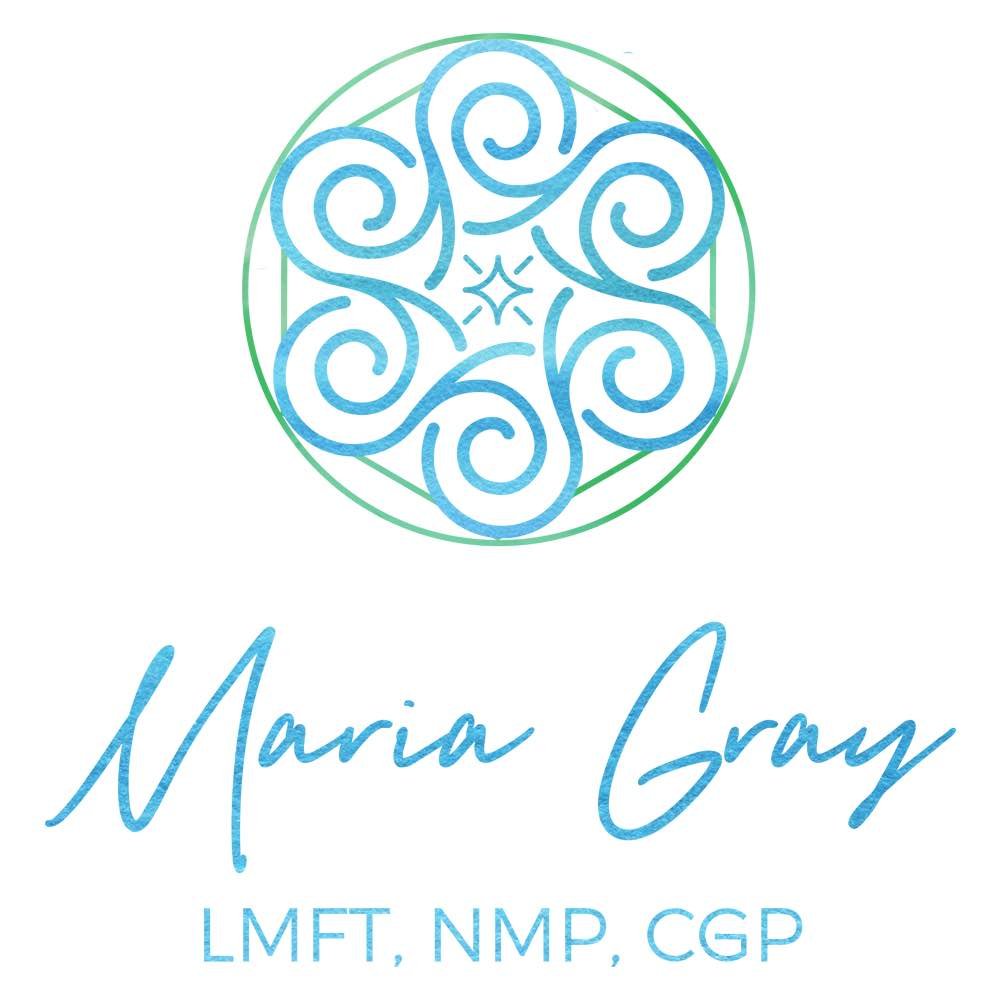Focusing on What's Wildly Important
I’ve just read Cal Newport’s book entitled Deep Work: Rules for Focused Success in a Distracted World, where he explains how to avoid distraction and focus on your priorities. Although the book is written for people who have desk jobs, the concepts are applicable to our work as therapists.
Newport describes the idea of “attention residue” which means that every time we shift our attention from one task to another there is a “cost”. I noticed this recently when I was trying unsuccessfully to solve a bookkeeping issue during my lunch break. When my client arrived and our session began, I noticed that my mind kept returning to the bookkeeping problem, and I had to actively shift my focus back to my client. The skills I’ve learned in my meditation practice helped me return to the present moment and focus on my client.
Newport believes that “To be successful with deep work you must rewire your brain to be comfortable resisting distracting stimuli.” He recommends avoiding using the internet (especially social media) for entertainment. He suggests finding more intentional and less distracting ways to entertain yourself. He’s not anti-Internet, instead he suggests scheduling the time you want to spend using the Internet rather than randomly getting online. I started scheduling three 15-minute social media blocks on my calendar during the week.
I certainly don’t want to be thinking about what I read on Facebook or my accounting problem when I’m beginning a session with a client. I’m not suggesting we avoid doing any of our clerical work between sessions; what I am suggesting is being selective about the type of tasks we work on.
I’ve recently broken the habit of looking at Facebook during breaks by removing the app from my phone. I need my time between clients to be refreshing and when I look at Facebook, my brain becomes overstimulated, like I’ve eaten a bowl of sugary cereal. Instead of being online, I stretch my neck and shoulders or pick up one of my crystals and hold it while I take a few breaths. After a difficult session, I listen to Brainspotting bilateral music for a few minutes. I still enjoy using Facebook, but I only access it from my computer and at designated times during the week.
The place where Newport’s suggestions have been most helpful is with my writing. Newport believes in “Focusing on what’s wildly important.” This means cutting out the busywork and scheduling time for the things you’d really like to accomplish. I schedule 3-4 hours of writing time (about an hour from Thursday through Sunday) every week and I don’t check email or work on “busywork” during that time; I treasure and protect that time.
What’s wildly important to you?
Photo by Paul Skorupskas on Unsplash
Finding space in the clearing
Yesterday I listened to Tara Brach's recent podcast titled "The Sacred Pause" on her homepage. http://www.tarabrach.com/ She talks about how sometimes we fall into a"Doing Trance". I call this our "addiction to busy". She mentioned lovely poem by Martha Postlewaite. I encourage you to create a clearing in your own life.
Clearing
Do not try to save the whole world or do anything grandiose.
Instead, create a clearing in the dense forest of your life
and wait there patiently,
until the song that is your life
falls into your own cupped hands
and you recognize and greet it.
Only then will you know how to give yourself
to this world
so worth of rescue.
Dan Harris on Meditation at Wisdom 2.0
I am a big fan of the Wisdom 2.0 conference; the conference explores the ways we can mindfully stay connected through technology in ways which benefit others. The most recent conference was held in San Francisco in February, 2015. This video of Dan Harris is from the 2014 conference in which he discusses the benefits of meditation. I like the video because Harris uses simple terms to describe his practice.



